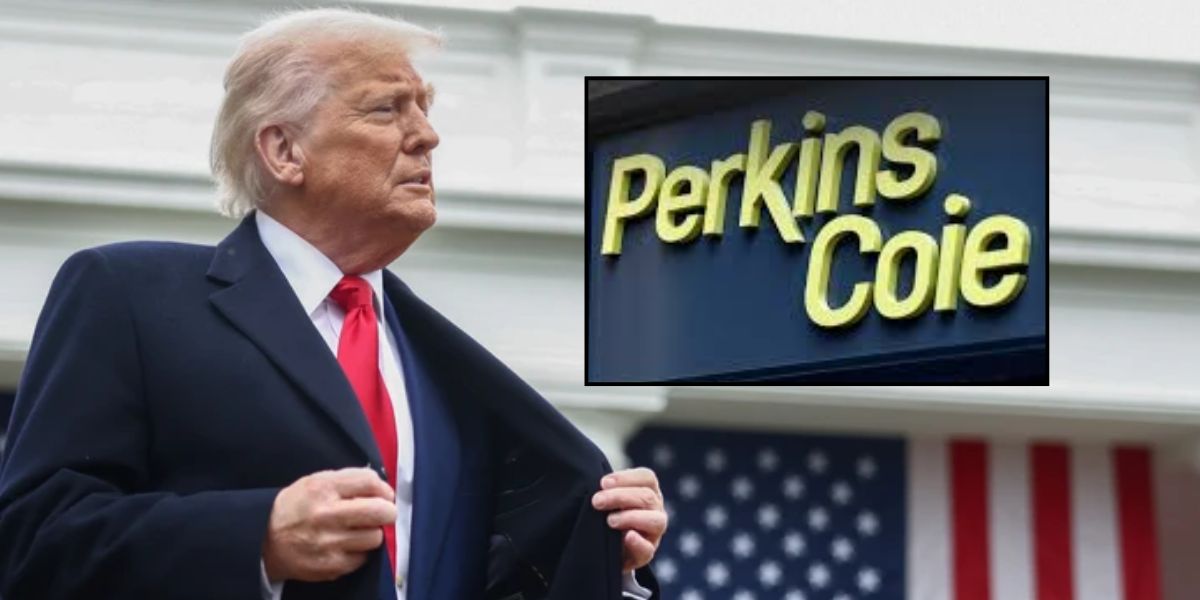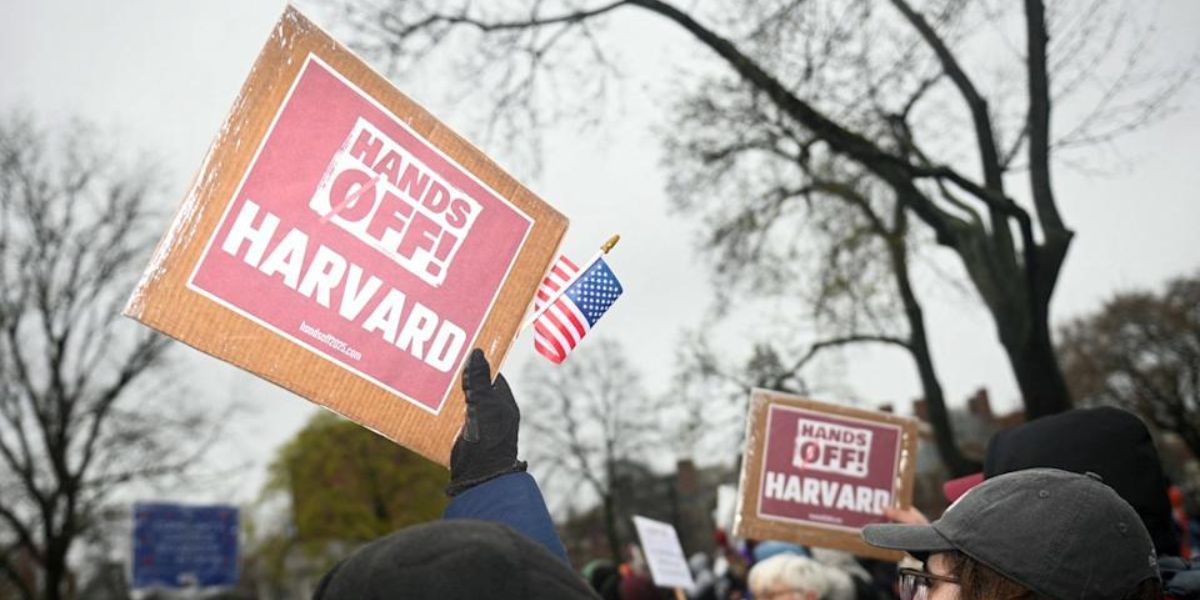In a scathing ruling, a federal court on Friday invalidated President Donald Trump’s executive order that targeted the law firm Perkins Coie, describing the president’s actions as “an unprecedented attack” on the American legal system.
A permanent injunction against the enforcement of any portion of Trump’s March order, which centered on the firm’s advocacy of 2016 Democratic presidential contender Hillary Clinton and its collaboration with billionaire donor George Soros, was issued by U.S. District Judge Beryl Howell, an Obama appointee.
“No American President has ever before issued executive orders like the one at issue in this lawsuit targeting a prominent law firm with adverse actions to be executed by all Executive branch agencies but, in purpose and effect, this action draws from a playbook as old as Shakespeare, who penned the phrase: ‘The first thing we do, let’s kill all the lawyers,’” Howell stated.
In reference to John Adams’ choice to defend eight British soldiers accused of murder in connection with the Boston Massacre, Howell wrote, “The importance of independent lawyers to ensure the American judicial system’s fair and impartial administration of justice has been recognized in this country since its founding era.”
Trump’s directive “violates the Constitution and is thus null and void,” she said.
According to a statement from a Perkins Coie representative, the judge’s decision “affirms core constitutional freedoms all Americans hold dear, including free speech, due process, and the right to select counsel without the fear of retribution.”
“We are pleased with this decision and are immensely grateful to those who spoke up in support of our positions. As we move forward, we remain guided by the same commitments that first compelled us to bring this challenge: to protect our firm, safeguard the interests of our clients, and uphold the rule of law,” according to the spokesperson.
Trump’s executive order prohibited Perkins Coie workers from entering government facilities, revoked the firm’s security clearances, and directed the heads of all federal agencies to stop employing Perkins Coie personnel and to end their contracts with the firm.
During a hearing on the proposal last week, Howell interrogated Richard Lawson, a lawyer for the Justice Department, and Lawson was unable to respond to simple inquiries on the other companies that had made agreements with the White House to circumvent their own executive orders.
“Some clients may harbor reservations about the implications of such deals for the vigorous and zealous representation to which they are entitled from ethically responsible counsel, since at least the publicized deal terms appear only to forestall, rather than eliminate, the threat of being targeted in an Executive Order,” Howell wrote in a footnote to Friday’s order, criticizing firms that struck deals with the White House.
Due to Trump’s executive order targeting several legal firms, some have reached agreements with the White House that involve eliminating internal DEI practices and providing millions of dollars in pro bono counsel for clients and causes backed by the Trump administration.
The legal community has reacted negatively to concessions made by firms like Paul Weiss and Skadden Arps. Dozens of Skadden graduates have signed a protest letter expressing their displeasure over the firm’s pact with Trump.
Read Also: Trump Calls Alabama Graduates the First of a ‘Golden Age’ in Commencement Speech
Howell stated in Friday’s order that the executive order “was issued to seek retribution against plaintiff for the Firm’s representation of clients in political campaigns or litigation, about which President Trump expressed disapproval, dating back to 2017.”
He also cited Trump’s “multi-year history of lodging public attacks” on Perkins Coie and “his promises during the 2024 campaign to act on his displeasure” toward the firm if he won.
“This purpose amounts to no more than unconstitutional retaliation for plaintiff’s First Amendment protected activity,” she continued.



